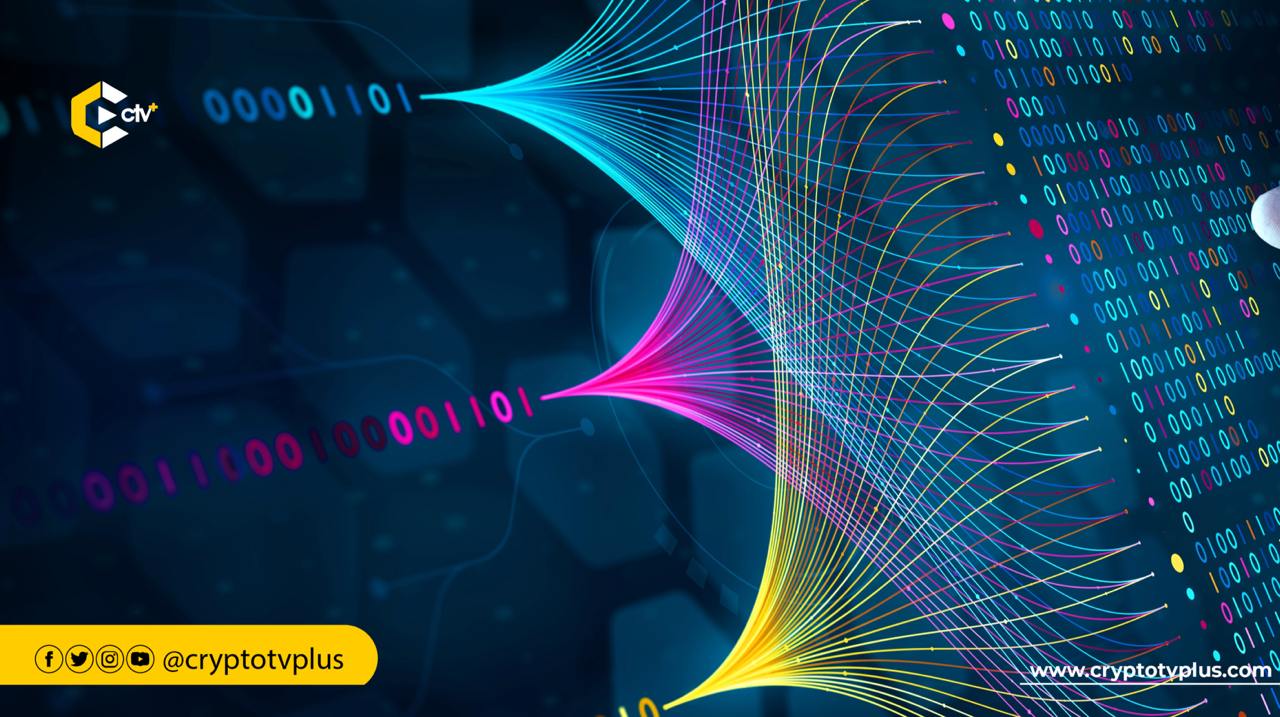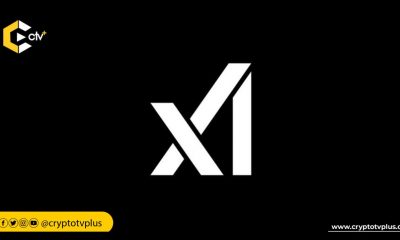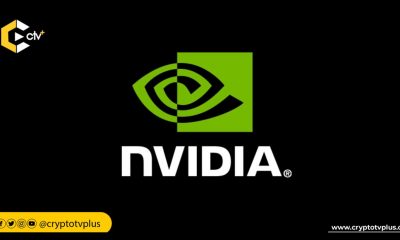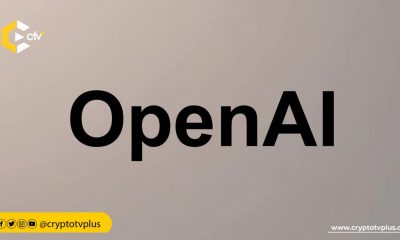News
Only AI can tackle AI’s dark side, says Nvidia CEO

Nvidia CEO Jensen Huang believes only AI can effectively manage the challenges posed by its darker side. According to the Nvidia boss, AI is crucial for the rapid response needed to combat AI-generated misinformation. Huang suggests that the best strategy to address AI’s harmful uses may involve leveraging more AI technology.
At a September 27 gathering hosted by the Bipartisan Policy Center, a Washington DC NGO and nonprofit, Huang stated, “It’s going to take AI to catch the darker side of AI.”
“The reason for that is pretty clear: AI is going to be producing fake data and false information at very high speeds,” he said. “So it’ll take somebody with very high speeds to detect that and to shut it down.”
Huang compared AI usage to cybersecurity measures, explaining that “almost every company” risks being hacked or attacked “almost all times.”
“It’s going to take even better cybersecurity to defend ourselves,” he said. “We just have to make sure that we stay ahead; it’s going to take AI to help us stay ahead.”
With federal elections approaching in November, the U.S. has seen growing concerns about the spread of AI-powered misinformation and disinformation.
A survey from the Pew Research Center, published on September 19, found that close to 60% of Americans, evenly divided between Democrats and Republicans, expressed “extreme” or “high” concern about AI generating false information about the presidential candidates.
About 40% of people surveyed believed AI would be employed “mostly for bad” during the presidential elections, while only 5% thought the opposite.
Just days before the survey, an unnamed official from the Office of the Director of National Intelligence informed ABC News on September 24 that Russia and Iran are deploying AI to influence the election by editing videos of Kamala Harris’ speeches.
He encouraged the U.S. government to “become a practitioner of AI” rather than “just be a governor of AI.”
He said “every single” government department — identifying the Energy and Defense departments in particular — should be an AI practitioner, and floated the notion that the US should “build an AI supercomputer.”
Read also: Top AI experts call for a plan to prevent AI control
“The scientists would be more than happy to jump on it and create new AI algorithms to advance our country,” Huang said.
Huang indicated that the amount of data we plan to train AI on will likely increase its energy demands.
He noted that AI data centers will probably require “several — 10 to 20 times — more” energy in the future compared to current data centers, which the International Energy Agency estimates already consume about 1.5% of global electricity.
“Future AI models are going to rely on other AI models to learn, and you could use AI models to curate the data so that future AI uses an AI to teach another AI,” Huang said.
He suggested that data centers could be located in places with “excess energy” that is “hard to transport,” because AI “doesn’t necessarily care where it learns.”
“We can transport the data center,” Huang said, “We can build a data center near where there’s excess energy and use the energy there.”
























